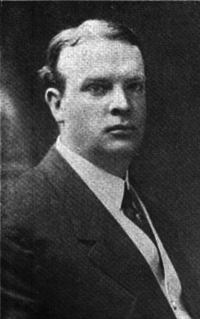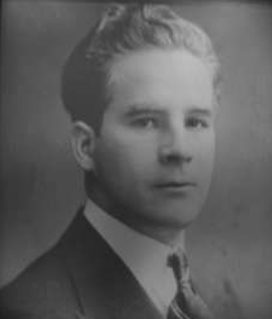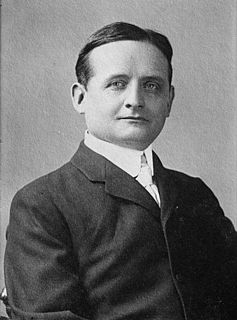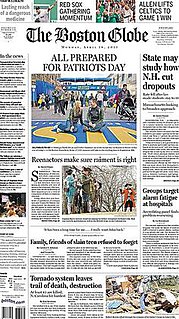| Elections in Massachusetts | ||||
|---|---|---|---|---|
 | ||||
| ||||
The Boston mayoral election of 1929 occurred on Tuesday, November 5, 1929. Former Mayor of Boston James Michael Curley defeated two other candidates to be elected mayor for the third time. [1]

The Mayor of Boston is the head of the municipal government in Boston, Massachusetts. Boston has a mayor-council system of government. Boston's mayoral elections are non-partisan, and elect a mayor to a four-year term; there are no term limits. The mayor's office is in Boston City Hall, in Government Center.

James Michael Curley was an American Democratic Party politician from Boston, Massachusetts. One of the most colorful figures in Massachusetts politics in the first half of the 20th century, Curley served four terms as Democratic Mayor of Boston, Massachusetts, including part of one while in prison. He also served a single term as Governor of Massachusetts, characterized by one biographer as "a disaster mitigated only by moments of farce", for its free spending and corruption.
Contents
In 1918, the Massachusetts state legislature had passed legislation making the Mayor of Boston ineligible to serve consecutive terms. [2] Thus, incumbent Malcolm Nichols was unable to run for re-election.

The Massachusetts General Court is the state legislature of the Commonwealth of Massachusetts. The name "General Court" is a hold-over from the earliest days of the Massachusetts Bay Colony, when the colonial assembly, in addition to making laws, sat as a judicial court of appeals. Before the adoption of the state constitution in 1780, it was called the Great and General Court, but the official title was shortened by John Adams, author of the state constitution. It is a bicameral body. The upper house is the Massachusetts Senate which is composed of 40 members. The lower body, the Massachusetts House of Representatives, has 160 members. It meets in the Massachusetts State House on Beacon Hill in Boston.

Malcolm Edwin Nichols was a journalist and a U.S. political figure. Nichols served as the Mayor of Boston in the late 1920s. He came from a Boston Brahmin family and was the most recent Republican to serve in that post.
Curley was inaugurated on Monday, January 6, 1930. [3]









